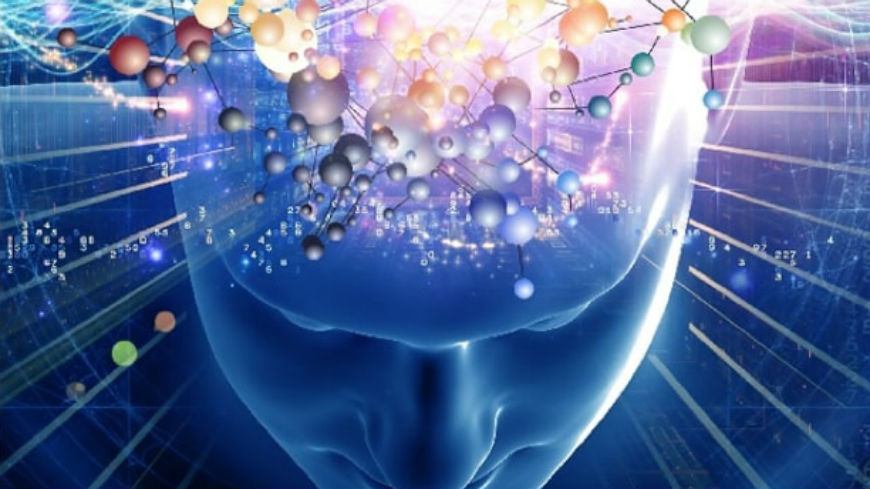While technological progress has always been a driving factor for societies, AI-based technologies stand out as a game changer. Offering vast opportunities for the benefit of people, they have the power to significantly influence the exercise of human rights and to disrupt the functioning of democratic institutions.
Effects are transversal and evident in all spheres, as AI gadgets are becoming part of daily routines, gradually able to predict, reinforce and possibly control human behaviours. The Council of Europe, the continent’s leading human rights organisation, is addressing the impacts of AI on human rights, democracy and the rule of law.
The Council of Europe has identified AI as a subject deserving its closest attention. Most of the Council of Europe committees, intergovernmental and expert bodies as well as monitoring structures are exploring the implications of AI for their area of work, such as privacy and data protection, freedom of expression, freedom of thought, conscience and religion, the right to fair trial and the prevention of discrimination.
As it is mostly private sector actors that have in-depth knowledge and skills in the field of digital technologies, the Council of Europe is keen to cooperate and bring together expertise from different stakeholders. The Council of Europe Leaflet on Artificial Intelligence provides a brief and selective overview of activities that may be of interest to the private sector - including planned conferences, studies, guides, action plans and standard-setting instruments in various fields in which artificial intelligence poses challenges to human rights.




